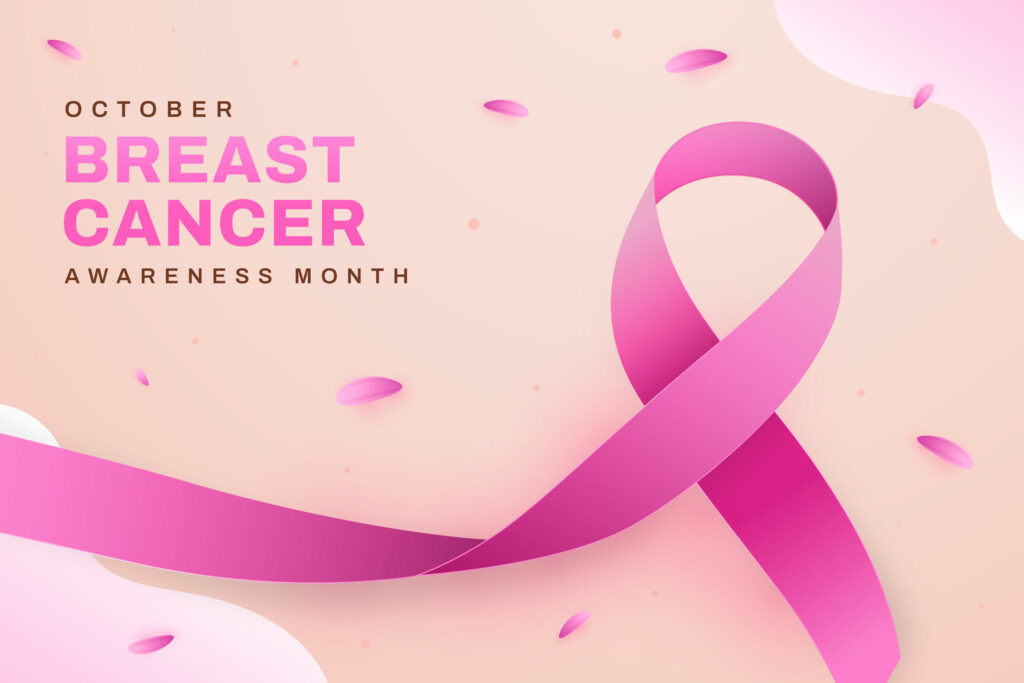Nurses
CategoryHow AI and Technology Are Transforming Nursing Practice
In 2024, the integration of Artificial Intelligence (AI) and advanced technologies into healthcare is not just a futuristic concept—it’s our present reality. Nurses, as frontline caregivers, are at the forefront of this technological revolution. L…
The Rising Popularity of Home Healthcare and Its Impact on Nursing
Home healthcare is transforming the way patients receive medical care, rapidly gaining popularity as an alternative to traditional hospital or clinical settings. Driven by advancements in technology, a growing preference for personalized care, and…
The Job Market for Nurses Today: Opportunities, Challenges, and the Future
The nursing profession has always been a cornerstone of the healthcare system, and today, its significance is more pronounced than ever. The job market for nurses is experiencing remarkable shifts driven by global health challenges, an aging popul…
Adventure in Healing: How to Thrive as a Travel Nurse Across the Globe
Travel nursing presents a unique opportunity to blend professional growth with personal adventure. If you’re drawn to caring for others and have a passion for exploring new places, becoming a travel nurse might be your ideal career path. This dyna…
Extended Reality in Healthcare: Applications in Training, Treatment, and Patient Education
XR is a powerful tool that enhances learning for a broad spectrum of healthcare professionals, from surgeons to nurses:
- Surgical Simulations: VR-based surgical simulations provide hands-on practice in a safe, controlled setting, allowing surg…
Enhancing Women’s Health CME: The Importance of Breast Cancer Awareness
In October, we observe Breast Cancer Awareness Month to increase education and awareness about a cancer that affects about 300,000 people each year in the United States, 40,000 of whom die from it. That’s why it’s so important to incorporate Women…
Educating APPS in Pain Management – A Needs Assessment
Education for APPs Healthcare Clinicians
There is well-documented evidence of the need for increased pain management education for physicians (Shipton, et al., 2018; Tran, et al., 2018). The Institute of Medicine (Institute of Medicine, 2011) and…
The Benefits of Interprofessional Collaboration in Healthcare
Interprofessional collaboration in healthcare refers to the cooperative practice of professionals from various disciplines working together to provide comprehensive patient care. This approach is becoming increasingly important in today’s complex …
How Tech Careers are Revolutionizing Healthcare and Enhancing Patient Care
Healthcare is both built upon and resistant to change. On the one hand, doctors, nurses, and researchers lean on trusted solutions to old problems. On the other hand, technological innovations are rapidly improving the way that healthcare provider…
The High-Demand Nursing Careers and Why There’s a Shortage of Candidates
You needn’t look very far to hear stories about nursing shortages. Where once staffing issues were a problem reserved for rural hospitals or other isolated areas, now they are experienced almost nationwide. It is a pervasive issue that has been be…










